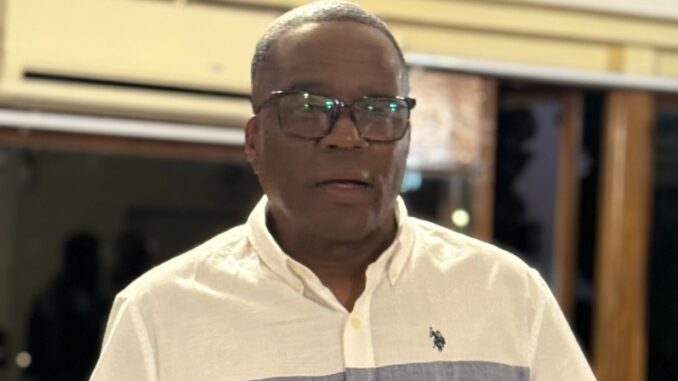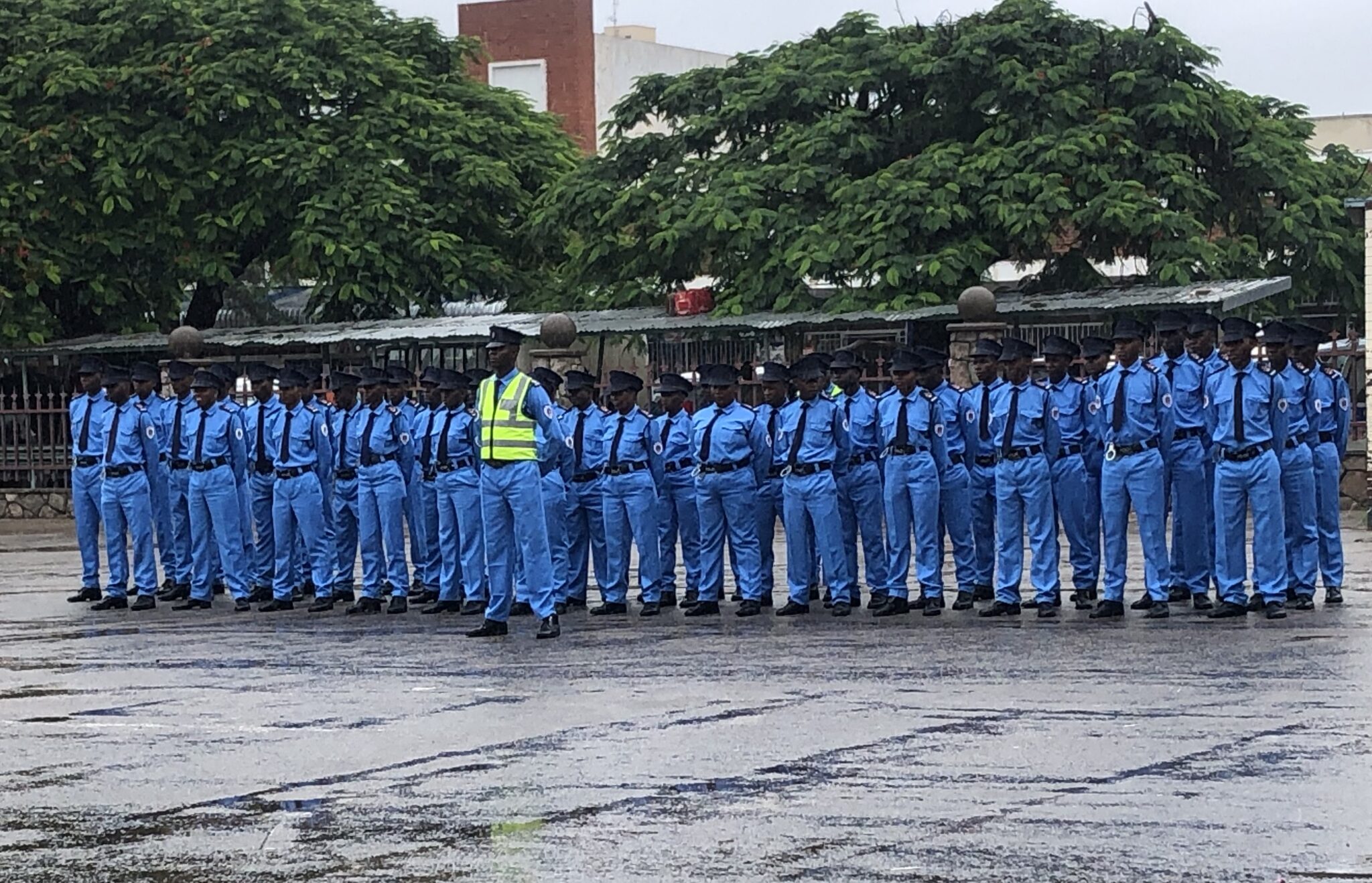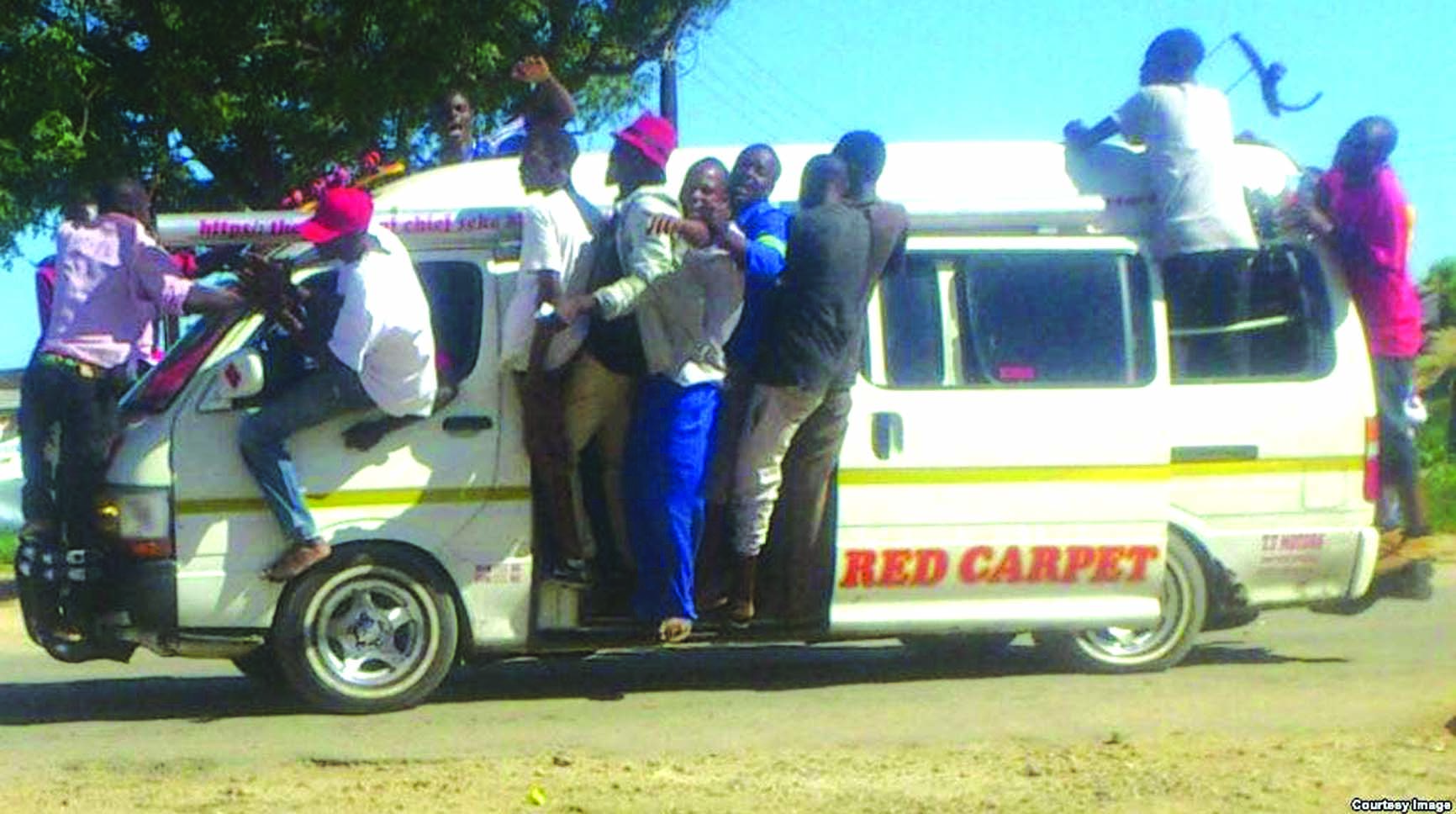Latest News
Top Story
 Top Zimbabwe business executive arrested for fraud
Top Zimbabwe business executive arrested for fraud Prominent corporate executive Never Mhlanga is expected to appear in court this morning facing fraud charges linked to t...
Top Story
 South Africa is in serious trouble
South Africa is in serious trouble South Africa has been hit by some of the highest tariffs of any country, with increased duties placed on its goods expo...
Top Story
 US halts visa services for Zimbabwean nationals
US halts visa services for Zimbabwean nationals The US Embassy in Zimbabwe suspended most visa services in the southern African nation until further notice, while indic...
Top Story
 ZSE and VFEX recover after weak 1st half
ZSE and VFEX recover after weak 1st half Zimbabwe's equity markets had a subdued first half of 2025, with the Zimbabwe Stock Exchange (ZSE) shedding 3% in real ...
Top Story
 Gold edges up as traders await guidance
Gold edges up as traders await guidance Gold edged higher as traders weighed the outlook for US monetary policy ahead of a key speech by Federal Reserve Chair J...
Top Story
 Zimbabwe Agricultural Show 2025 kicks off
Zimbabwe Agricultural Show 2025 kicks off Harare will tomorrow host the 115th edition of the Zimbabwe Agricultural Show, the country's flagship platform for show...
Top Story
 Young Investment Professional (YIP) Graduate Programme 2019
Young Investment Professional (YIP) Graduate Programme 2019 Company Name Investec Asset Management Company Location Cape Town, Western Cape, South Africa Click HEREJob descriptionO...










 Young Investment Professional (YIP) Graduate Programme 2019
Young Investment Professional (YIP) Graduate Programme 2019
Editor's Pick